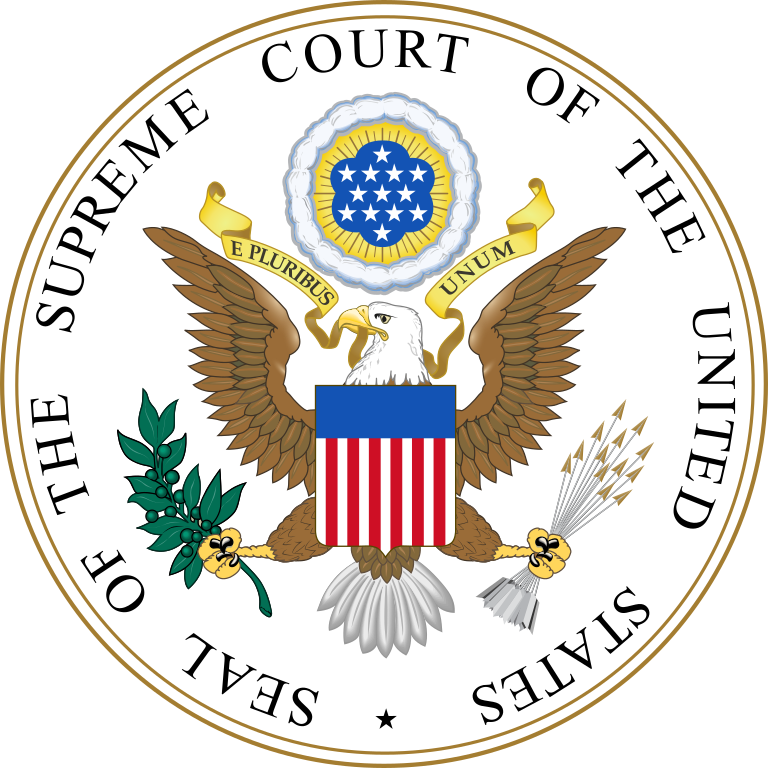Michael Malbin, President of the Campaign Finance Institute and an honorable adversary, is critical of my criticism of CFI’s study of non-profit election activities, claiming that I treat it, “as if the study recommends new regulation of these activities,” when it only seeks to foster a “conversation” that “needs to take place.” Specifically, what I wrote was, “it is clear in the end where CFI thinks the debate ought to go – Congress needs to expand its regulatory reach.”
Professor Malbin, whose full comments can be found at this link, continues:
“The paper said that you could not look at PACs, 527s and 501(c)s in isolation from each other. It also predicted that regulating contributions to 527s would be likely to drive money into 501(c)s, particularly if the IRS fails to monitor political expenditures. It did not say that political activity by nonprofits should therefore be regulated more than they are under current tax law. It specifically said, for example, there is still room for debate whether contributions from individuals to any truly independent nonprofit group (including a 527) should be subject to limits.”
Yet later on in this post, Professor Malbin notes that, “a CFI Task Force in 2001 recommended that any organization spending more than $50,000 per year on election communications — regardless of the organization’s corporate form — should be required to disclose contributors who give more than a threshold amount.” That, it seems to me, is an expansion of Congress’s regulatory reach, is it not? There is no indication that this report is intended to repudiate that earlier CFI Task Force.
It is true that the report includes the language Professor Malbin quotes above. This comes immediately after the report informs us that, “a group’s, and its donors’, financial weight in elections is greater than it appears to be in conventional discussions, as is the threat of ‘undue influence’ over elected officials.”
The report then quotes at some length Sierra Club President Carl Pope, making an argument for why no added regulation of 527s is needed, and concludes (p. 31-32), “Whether or not the facts ultimately vindicate or refute Pope’s position, we believe it is necessary to conduct the debate and explore the policy alternatives on a terrain that goes beyond the intellectual straightjacket of legal categories established 30 years ago. There are a range of policy options.” (p.32).
Let’s dissect that. Pope lays out the argument for leaving 527s no more regulated then they are now (which is by no means unregulated). The report immediately expresses doubt about Pope’s argument – it may be true, but it may not. Next, we need to get out of the legal categories established 30 years ago. This seems to reference the 1974 Amendments to FECA and even more so, the 1976 Supreme Court decision in Buckley v. Valeo, which is largely responsible for the current status of 527s. And, “there are a range of policy options” for dealing with these problems – presumably the problem of “undue influence,” which is greater than generally thought.
So, groups pose a greater threat of “undue influence” than the public and policymakers think. The argument against added regulation is open to debate. In this ensuing debate we must break free of the old rules, which are the very rules that have left certain activities relatively free from government interference. And there are many policy options to deal with this. Forgive me, but that sounds very much like a fox asking to tear down the fence surrounding the chicken coop, so he and the hens can debate what to do about the problems the hens are causing. Maybe the fox will decide that the fence was a good idea after all, or even that it’s walls ought to be higher and more secure. But you’ll forgive the hens if they aren’t buying it.
In the end, though, we needn’t guess. For all Professor Malbin’s protestations, the report does specifically call for more regulation. “The disclosure system could and should be improved.” (p. 33). Frankly, I don’t think by “improved” that CFI means we should have more reasonable (read higher) limits before things need to be disclosed, let alone any broader reduction in regulation, though I would be happy to be corrected on this point. No, CFI uses this paper to propose, at an absolute minimum, more disclosure, and they specifically suggest a few areas for that new disclosure: about transfers between groups, about internal communications, and about sponsors of political ads on the airwaves (p. 33). And, as I noted in my original post, the Report also specfically notes general ways in which 527 regulation might be drawn in a manner that would not simply lead to all newly regulated 527 activity being shifted over to 501(c) organizations. True, this report does not go so !
far as to say that such regulation is therefore desireable; it leaves open the notion that the anti-regulatory argument might be right. But I think that when you add it all up, and given CFI’s history of working for more regulation, my initial summary is fair: ” it is clear in the end where CFI thinks the debate ought to go.” Again, I would be happy to be proven wrong.
Meanwhile, by all means, let us have such a debate. That has been my goal for 15 years, while well-funded “reform” groups have dominated the discussion and (CFI a notable exception) cast personal aspersions on all who disagree. My experience is that with the folks at CFI one can at least have an honest debate. But let’s not those of us who favor greater freedom of speech enter into this debate with rose-colored glasses about what the reform organizations hope to accomplish through such debate.
And if we’re going to make this a truly “holistic” debate, let us make it truly holistic. Let’s discuss “the press,” especially when they receive grants from large foundations with agendas such as Pew’s grants to NPR and Carnegie’s to the American Prospect, or when, like the Philadelphia Daily News in 2004, they state that acheiving a partisan result in the fall is a major objective of the paper, and provide voters with specific information to help one campaign. Let us discuss hollywood filmmakers. Let us discuss booksellers and publishing houses. Above all, let us discuss organizations such as CFI, or John McCain’s Reform Institute, and other campaign finance “reform” organizations, and even think tanks such as Brookings and Cato. Let us demand that their forms of political influence be put on the table as well, and let no political player cheaply surrender it’s particular form of influence while others retain theirs. Let us further agree that a truly “holistic” debate ought not have as its agreed starting point that existing regulation, let alone further regulation, is compatible with the First Amendment, properly interpreted. Let us also ask if the regulations enacted to date have accomplished anything verifiably worthwhile, and if so, at what cost? On that basis, I’m happy to participate. I’m not eager to participate, however, in a debate that seems to start from the position that what is currently regulated must remain regulated; that certain organizations’ types of influence – including those of my debating partners – are not on the table; and that everything else – that is, most of what I care about – is up for grabs.
Finally, I think my criticisms of the study, and in particular its choice of groups to study, remain valid, and frankly, should be viewed as part of the debate that CFI seeks to foster. Certainly part of that debate must consists of examing the likely effects of policies adopted for large, enduring groups that engage in a good deal of certain activities, on smaller or short term groups, or groups that do not engage extensively in such activitites. This does not mean that the information in the CFI report is not useful (I indicated, I think, that it was), only that it is by no means complete, and one would usually not want to make general policy prescriptions on the basis of exceptional groups and organizations. That is a shortcoming in the CFI report, and should be part of the conversation. Let that debate begin.
See also comments from Bob Bauer here.














